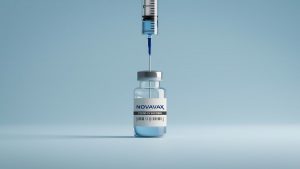
Living close to a pub, bar or fast-food restaurant doesn’t do your heart any favors, a new study finds. Folks who live in close proximity to such establishments have a higher risk of heart failure, compared to those who live farther away, researchers report in the Feb. 27 issue of the journal Circulation: Heart Failure. These findings weren’t a complete surprise, said senior researcher Dr. Lu Qi, a professor of epidemiology at Tulane University in New Orleans. “Previous studies have suggested that exposure to ready-to-eat food environments is associated with risks of other disorders, such as type 2 diabetes and obesity, which may also increase the risk of heart failure,” Qi noted in a journal news release. For the study, researchers analyzed data from the U.K. Biobank, a database containing health information for more than 500,000 adults in the United Kingdom. The team measured study participants’ exposure to three different types of food environments — pubs or bars, restaurants or cafeterias, and fast-food joints. These kinds of ready-to-eat establishments typically provide unhealthy foods and drinks, Qi said. The researchers specifically looked at whether people lived within a 15-minute walk of these eateries, as well as the number of such places located within such an easy walking distance. The study tracked nearly 13,000 heart failure cases during a 12-year follow-up period, and found that close proximity… read on > read on >
































-300x200.jpg)





